calsfoundation@cals.org
Gillett (Arkansas County)
| Latitude and Longitude: | 34º07’02″N 091º22’35″W |
| Elevation: | 184 feet |
| Area: | 1.00 square miles (2020 Census) |
| Population: | 564 (2020 Census) |
| Incorporation Date: | December 21, 1906 |
Historical Population as per the U.S. Census:
|
1810 |
1820 |
1830 |
1840 |
1850 |
1860 |
1870 |
1880 |
1890 |
1900 |
|
– |
– |
– |
– |
– |
– |
– |
– |
– |
– |
|
1910 |
1920 |
1930 |
1940 |
1950 |
1960 |
1970 |
1980 |
1990 |
2000 |
|
256 |
1,155 |
870 |
781 |
774 |
674 |
860 |
927 |
883 |
819 |
|
2010 |
2020 | ||||||||
|
691 |
564 |
Gillett, a small city in southern Arkansas County, Stanley Township, is located on the west side of U.S. Highway 165 between DeWitt (Arkansas County), the county seat, and Dumas (Desha County). Gillett was founded on the rich prairie soil of the area and is the home of the renowned annual Gillett Coon Supper.
The first white people to inhabit the area known as Gillett came in 1881 from Fulton County, Illinois. In 1883, the first German immigrants came, some directly from Germany, though most were from the Danville, Illinois, area. The first school was built in 1886; it also served as the first church and community meeting place. In 1888, the town was platted on land owned by the Leslie brothers, Thomas H. and Henry, and consequentially began being called Leslie Center due to their leadership. A second group of German immigrants moved into the area north of Gillett around 1892. Their ancestors had moved from Germany to Volhynia, a region of western Russia, a century earlier. The “Russian Germans” intermarried and blended with the earlier settlers.
Locals applied for a post office under the name of Leslie but were denied, leading them to choose the name of Gillett in honor of Francis M. Gillett, the financier who oversaw the completion of the railroad into the town in 1895. Within that same year, a petition was filed to incorporate the town as Gillett, but it failed to be completed, only to be presented a decade later and approved by the Arkansas County Quorum Court in 1906.
During the 1890s, churches of three denominations established themselves within the community: Methodist Episcopal Church North, Methodist Episcopal Church South, and Lutheran. Not long after the beginning of the twentieth century, a Baptist church was established, and the Catholic parish moved into town. In 1939, the two Methodist churches combined to form a single Methodist congregation. As of 2010, there were five churches in the area: First Baptist, Mt. Calvary Baptist, St. Paul’s Lutheran, United Methodist, and African Methodist Episcopal (AME). The Catholic congregation had dwindled and moved its worship center to Stuttgart (Arkansas County).
From its incorporation to the Great Depression era, Gillett was a growing community. It reached its largest population in the early twentieth century when sawmills, stave mills, and the timber industry were at their peak in the area. Levee projects and the floodgate installation on Bayou Meto helped the community survive the Depression, along with other Works Progress Administration (WPA) programs. Country school district consolidations at the end of World War II brought several families off the farm and into the town. The school became accredited by the North Central Association in the mid-1950s.
During the 1960s, work on the McClellan-Kerr Arkansas River Navigation System swelled the census count, and additional school facilities were added. Business interests increased, stores opened, and a new bank was chartered—Planters and Merchants Bank, the first since the closure of the Bank of Gillett and Citizens Bank in the Depression. The 1970s brought the most growth ever experienced in the local farm economy. Rice and soybeans brought close to ten dollars per bushel, though the increasing mechanization of agriculture led to population loss as farm laborers went elsewhere. However, during the same time period, federal revenue allowed major street improvements, and a new city hall was completed. Private donations built a new library that is staffed and operated through the Arkansas County Library System. A major improvement, the Wayne Hampton Bridge over the Arkansas River, opened U.S. 165 to through traffic from the north toward the Gulf Coast.
The 1980s began in Gillett with rampant inflation, high interest rates, and a farm-crushing recession. Walmart Inc. stores opened in communities to the north and south, and stores along Gillett’s Main Street started closing, including two of the three grocery stores and one of the two hardware stores. By the 1990s, Gillett was down to one convenience store, two service stations, three grain-handling facilities, two chemical distributorships, a motel, a liquor store, a parts house, and two restaurants.
Under Governor Mike Huckabee’s twenty-first-century mandate for school consolidation, which required schools to maintain enrollments of 350 or more, Gillett’s school was annexed to DeWitt, though residents hoped to retain the local campus. First came the cessation of Gillett athletics, and then grades 6–12 were moved to DeWitt. There remains a pre-school through fifth-grade school in the community. In 2008, a new group, Gillett Civic Group, was formed with the aim of revitalizing the community. In 2009, it filed a formal application for a charter school in Gillett but was turned down by the Arkansas Department of Education. The Gillett Civic Group also initiated an annual Christmas parade and the Gillett Heritage Days festival, held on Memorial Day weekend.
Gillett remains a predominately agricultural community, with rice, soybeans, corn, and wheat growing in the area. Near Gillett are the Arkansas Post National Memorial, Arkansas Post Museum, and U.S. Army Corps of Engineers parks, while the Old Gillett Jail is listed on the National Register of Historic Places. The city is also famous across the state and nation for the Gillett Coon Supper, which began in 1947 and is held each January. Before serving at the federal level, Congressman Robert Marion Berry worked on the city council of Gillett.
For additional information:
“The Germans of Gillett, Arkansas. “ Online at https://www.williamremus.com/genes/Pommern/Gillett/home.htm (accessed June 3, 2022).
Gillett, Arkansas: Celebrating 100 Years. N.p., 2006.
John W. Cover
Gillett, Arkansas
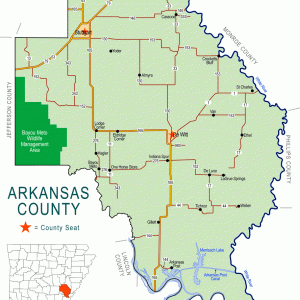 Arkansas County Map
Arkansas County Map 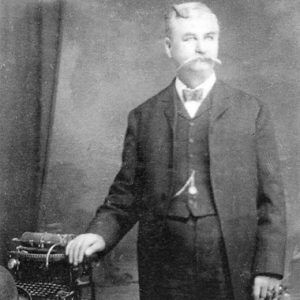 William Champion
William Champion 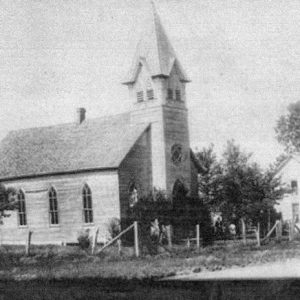 First Methodist Episcopal Church North
First Methodist Episcopal Church North 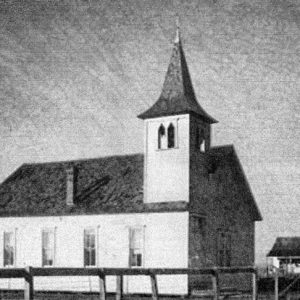 First Methodist Episcopal Church North
First Methodist Episcopal Church North 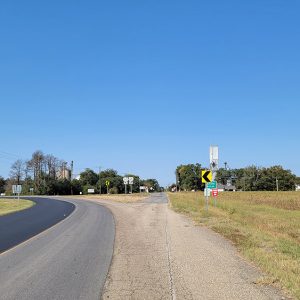 Entering Gillett
Entering Gillett 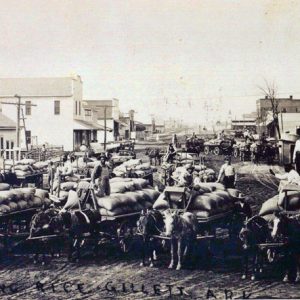 Gillett Rice Harvest
Gillett Rice Harvest 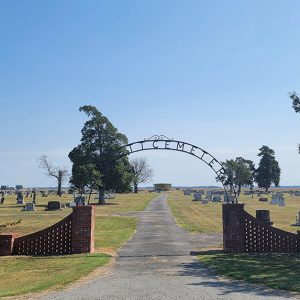 Gillett Cemetery
Gillett Cemetery 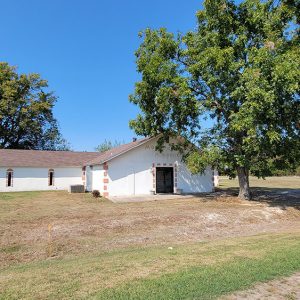 Gillett Church
Gillett Church 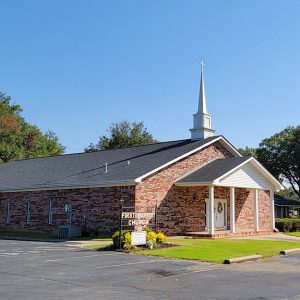 Gillett Church
Gillett Church 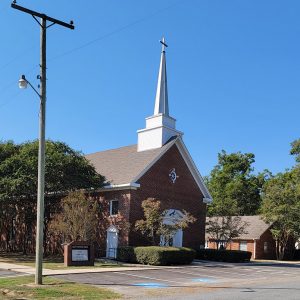 Gillett Church
Gillett Church 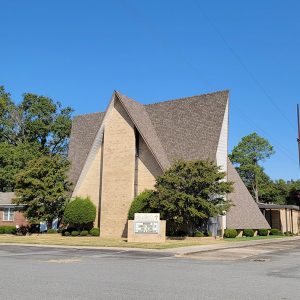 Gillett Church
Gillett Church  Gillett Coon Supper Sign
Gillett Coon Supper Sign 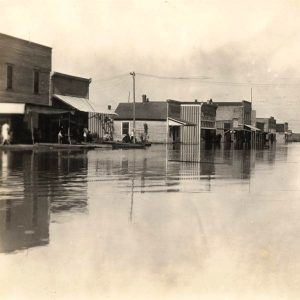 Gillett Flood
Gillett Flood 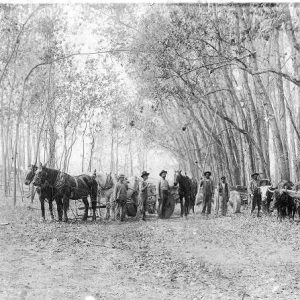 Gillett Logging
Gillett Logging 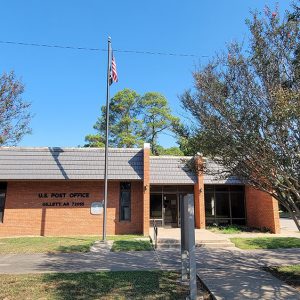 Gillett Post Office
Gillett Post Office 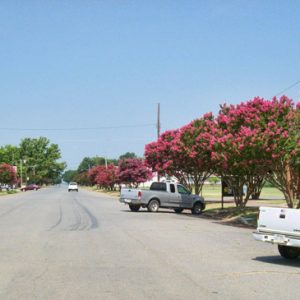 Gillett Street Scene
Gillett Street Scene 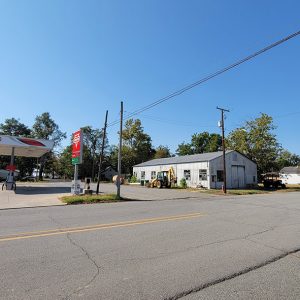 Gillett Street Scene
Gillett Street Scene 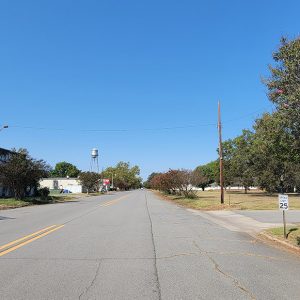 Gillett Street Scene
Gillett Street Scene 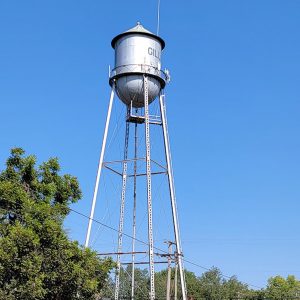 Gillett Water Tower
Gillett Water Tower 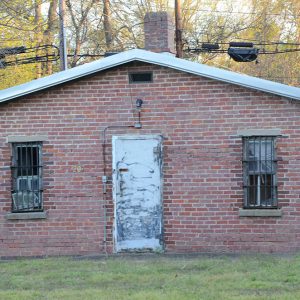 Old Gillett Jail
Old Gillett Jail 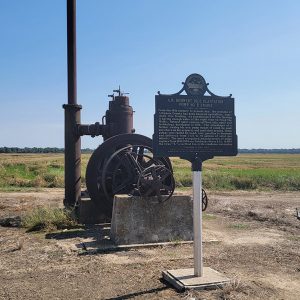 Rice Plantation Pump
Rice Plantation Pump 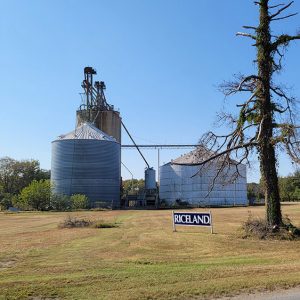 Riceland Storage Facility
Riceland Storage Facility 



Comments
No comments on this entry yet.